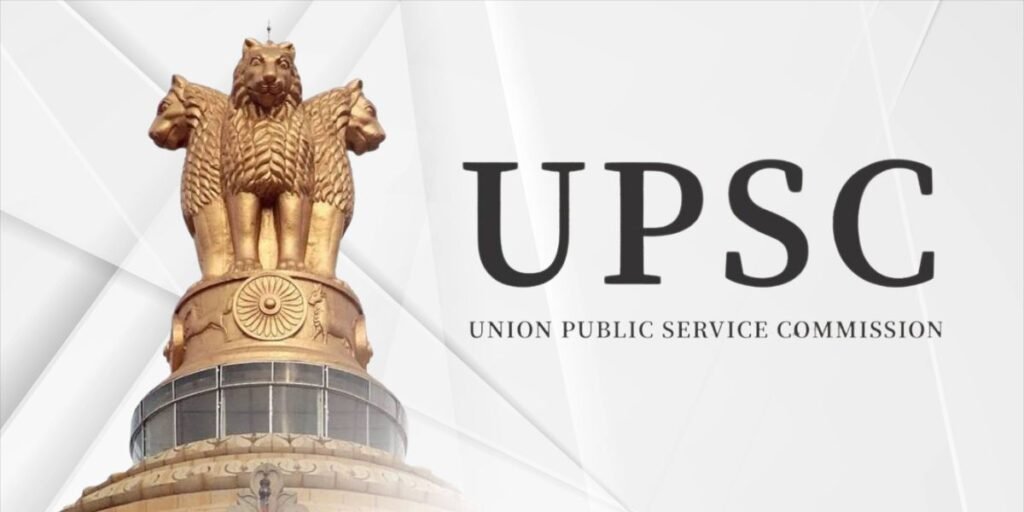Are you dreaming of taking the UPSC exam but feeling overwhelmed at ground zero? Fret not! Starting your UPSC preparation from scratch can seem like a daunting task, but with the right guidance and strategy, you can embark on this journey with confidence.
In this comprehensive guide, we’ll walk you through detailed steps to kickstart your UPSC preparation from zero level. Let’s dive in!
Understanding the UPSC Exam
Before delving into preparation strategies, it’s crucial to grasp the essence of the UPSC exam. The Union Public Service Commission (UPSC) conducts the Civil Services Examination annually to recruit candidates for various prestigious roles in the Indian administrative machinery.
This three-stage exam comprises the Preliminary, Mains, and Interview stages, testing candidates’ knowledge, aptitude, and personality traits.
Preliminary Examination: The Gateway
The Preliminary Examination serves as the first hurdle on your UPSC journey. It consists of two objective-type papers:
General Studies Paper I and CSAT (Civil Services Aptitude Test) Paper II. General Studies Paper I assesses candidates’ knowledge of current affairs, history, geography, polity, economy, and more, while CSAT evaluates their comprehension and analytical skills.
Mains Examination: The Core Challenge
Once you clear the Prelims, you’ll face the Mains Examination, comprising nine descriptive papers.
These papers cover a wide array of subjects, including Essay, General Studies (I, II, III, and IV), Optional Subjects (Paper I and II), and Indian Language and English Language papers. The Mains Examination tests candidates’ in-depth understanding, critical analysis, and articulation abilities.
Interview (Personality Test): The Final Frontier
After conquering the Mains, candidates proceed to the Interview stage, also known as the Personality Test. Here, a panel of experts evaluates candidates’ personality traits, communication skills, and suitability for administrative roles. The Interview stage aims to gauge candidates’ overall demeanor and aptitude for civil services.
Detailed Steps to Kickstart Your UPSC Preparation
1. Understand the Exam Syllabus
Begin by acquainting yourself with the UPSC exam syllabus. Analyze each subject’s weightage, topics, and subtopics to devise a structured study plan. To prepare effectively, familiarize yourself with the exam pattern and marking scheme.
2. Create a Study Plan
Craft a comprehensive study plan tailored to your strengths and weaknesses. Allocate sufficient time to cover each subject thoroughly while ensuring regular revisions. Break down the syllabus into daily, weekly, and monthly targets, setting achievable goals to track your progress.
3. Choose the Right Study Material
Selecting the right study material is paramount for effective preparation. Opt for standard textbooks, reference books, and online resources recommended by experts and previous UPSC toppers. Invest in quality study materials that offer in-depth coverage of relevant topics.
4. Focus on Conceptual Clarity
Instead of rote learning, focus on conceptual clarity and understanding. Develop a holistic understanding of key concepts, theories, and principles across various subjects. Practice critical thinking and analytical reasoning to approach questions from multiple perspectives.
5. Current Affairs: Stay Updated
Stay abreast of current affairs by reading newspapers, magazines, and online portals regularly. Pay special attention to national and international news, government policies, socio-economic developments, and contemporary issues. Consolidate your knowledge through daily news summaries and revision notes.
6. Practice Answer Writing
Practice answer writing regularly to hone your writing skills and time management. Solve previous years’ question papers and mock tests to simulate exam-like conditions. Focus on articulating your thoughts concisely, structuring your answers logically, and incorporating relevant facts and examples.
7. Revision: The Key to Retention
Allocate dedicated time for revision to reinforce your learning and retain information effectively. Review your notes, flashcards, and mind maps regularly to reinforce key concepts and factual information. Adopt active learning techniques such as self-quizzing and peer discussions to enhance retention.
8. Seek Guidance and Mentorship
Don’t hesitate to seek guidance and mentorship from experienced faculty members, seniors, or UPSC coaching institutes. Join online forums, discussion groups, and study circles to exchange ideas, clarify doubts, and stay motivated throughout your preparation journey.
9. Stay Motivated and Consistent
Maintain a positive mindset and stay motivated throughout your UPSC preparation. Embrace setbacks as learning opportunities and persistently strive to improve your performance. Cultivate discipline, consistency, and resilience to overcome challenges and stay focused on your goal.
10. Mock Interviews: Prepare for the Final Lap
As you approach the Interview stage, enroll in mock interview programs to refine your communication skills and confidence. Participate in mock interview sessions conducted by experienced mentors and professionals to receive constructive feedback and insights.
Conclusion
Embarking on your UPSC preparation journey from ground zero may seem daunting, but with meticulous planning, dedication, and perseverance, you can overcome challenges and realize your aspirations.
By following the detailed steps outlined in this guide, you’ll be well-equipped to kickstart your UPSC preparation with confidence and clarity. Remember, success in the UPSC exam is not merely about knowledge but also about strategy, resilience, and adaptability. Stay focused, stay motivated, and let your determination pave the path to success!
